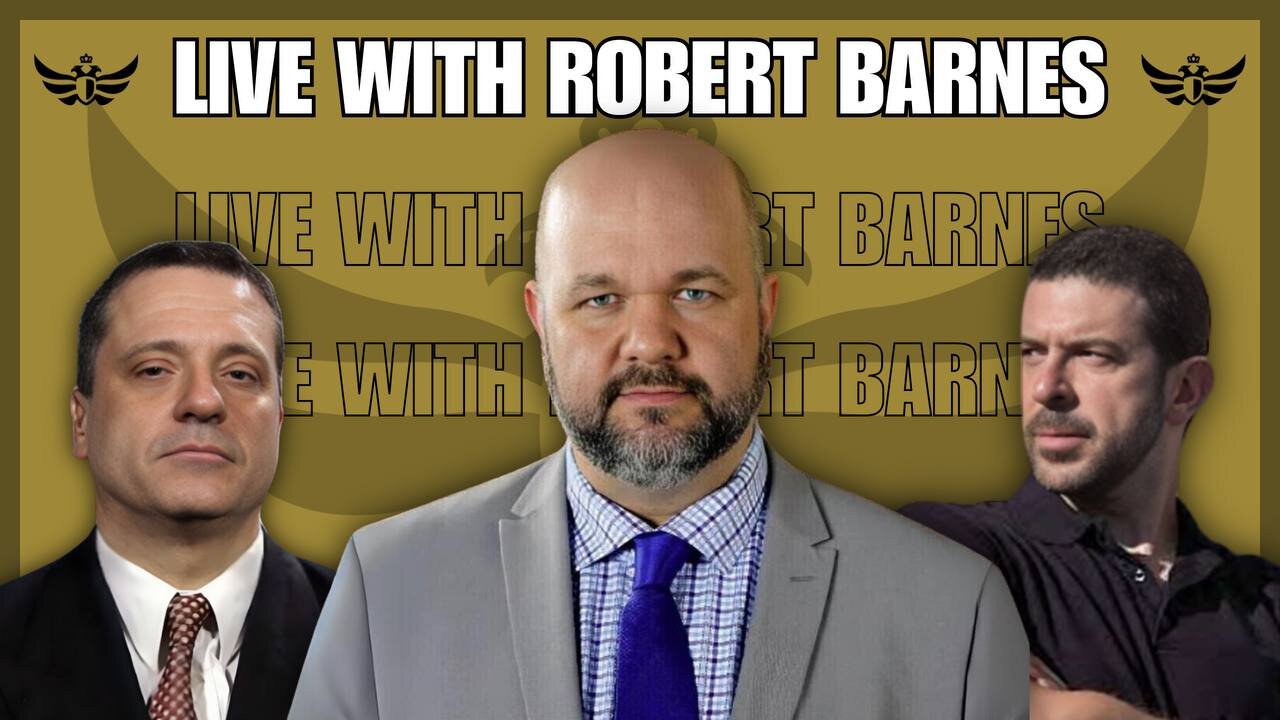@Oalaeho asked how you'd frame Agenda 21 etc in the same world view.
Someone who subscribes to this critique of the Progressive State—seeing it as a technocratic, bureaucratic, and often unethical managerial regime—would likely view Agenda 21 and similar UN initiatives (such as Agenda 2030, the Sustainable Development Goals (SDGs), and the Great Reset) as extensions of this same globalist technocratic order. They would interpret these plans as attempts to expand the reach of the managerial elite, further reducing national sovereignty, eroding individual freedoms, and consolidating power into unelected global institutions.
Core Concerns About Agenda 21 from This Perspective
1. Bureaucratic Expansion Without Democratic Accountability
Agenda 21, introduced at the 1992 Rio Earth Summit, outlines a broad framework for sustainable development, influencing national and local policies worldwide. However, critics from this worldview would argue that:
- It enables unelected international bodies (UN, WEF, IMF, etc.) to dictate national and local policies.
- It bypasses democratic processes, embedding policies into bureaucratic structures that are difficult to challenge electorally.
- It operates through "soft law" mechanisms, meaning its influence is not always explicit but is implemented via regulations, NGO initiatives, and corporate compliance rather than direct legislation.
2. Corporate & Elite Capture of Environmental and Social Governance (ESG)
- While Agenda 21 claims to focus on sustainability, this perspective would argue that it enables corporate monopolization of resources.
- ESG (Environmental, Social, and Governance) frameworks allow global corporations to dictate economic priorities under the guise of sustainability, often benefiting big finance, Wall Street, and multinational conglomerates at the expense of small businesses and local autonomy.
- "Public-private partnerships" (PPPs) promoted by the UN and WEF often result in the entrenchment of elite interests, ensuring that only those aligned with the managerial state’s vision can participate in the economy.
3. Neo-Feudalism and the Restriction of Property Rights
- Land Use & "Smart Growth" Restrictions: Agenda 21 emphasizes "sustainable land use" policies that often lead to zoning laws, rural restrictions, and urban densification. Many see this as an attempt to move populations into highly controlled, surveilled urban centers while restricting private land ownership.
- "You’ll Own Nothing and Be Happy" Narrative: The Great Reset, promoted by the World Economic Forum (WEF), echoes similar themes, suggesting that private ownership of cars, homes, and even personal assets may soon be replaced with a subscription/rental-based economy controlled by corporations and state entities.
- Climate Change as a Justification for Control: Many from this worldview believe that environmental concerns, while real, are weaponized to justify increased government surveillance, carbon taxation, energy rationing, and population control policies.
4. The Role of NGOs and Philanthropic Networks
- Organizations like the Rockefeller Foundation, Ford Foundation, Open Society Foundations, and the Gates Foundation are deeply involved in implementing UN programs.
- This perspective sees these groups as unelected power centers that influence policy without direct public oversight.
- NGOs act as enforcers of globalist policies at the local level, influencing education, media, and regulatory agencies.
5. Population Control and Paternalistic Governance
- Past unethical policies of the Progressive State—forced sterilizations, eugenics, and vaccination mandates—raise concerns about how Agenda 21/2030’s focus on "health equity" could be used to justify similar coercive policies.
- Programs that promote "reproductive rights" in the developing world are seen by some as modern eugenics, echoing past Western policies of controlling "undesirable" populations.
- Social Credit Systems & Surveillance: Digital ID programs, carbon tracking, and Central Bank Digital Currencies (CBDCs) are seen as tools to enforce behavioral compliance under the guise of sustainability.
Conclusion
From this perspective, Agenda 21 and similar UN initiatives are not about genuine sustainability but rather a global expansion of the Progressive State, using environmentalism, equity, and health crises as pretexts for centralized control. The end goal is seen as a managed, technocratic society where unelected elites dictate every aspect of life—from economic participation to land use, healthcare, and even personal behaviors.
While proponents of Agenda 21 argue it is a necessary response to climate change and resource depletion, critics within this worldview see it as the next phase of elite-driven governance, following the same pattern of paternalism, coercion, and bureaucratic expansion that has characterized the Progressive State since the early 20th century.

















